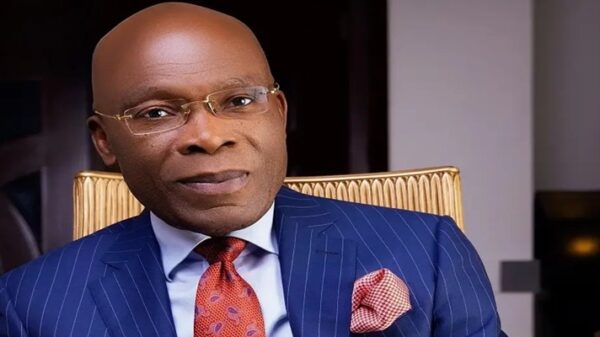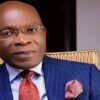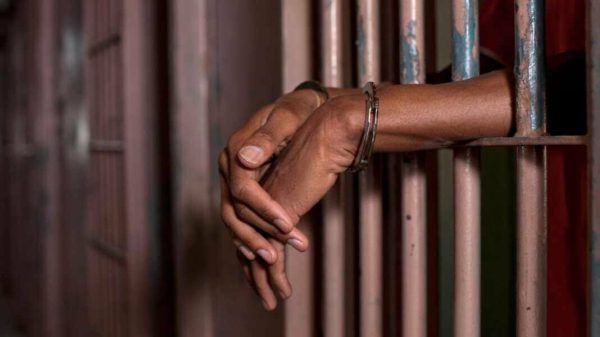Music is an integral part of Nigerian life and there’s no doubt that Nigerians love music — whether it’s local or international. But in recent times Nigerians have consistently demonstrated their love for local artists, with many of these musicians outranking their foreign counterparts in the West, including those who are the biggest names in entertainment.
This is borne out by data from Spotify Wrapped — their annual round-up of the top artists, albums, songs and playlists of the year as streamed by users on the platform from around the world.
That love of local can even go down to city level, as proven by the fact that Lagos native Wizkid was the most streamed artist in Nigeria’s biggest city this year. And what other country on the planet would celebrate its cities’ notorious traffic jams with a four hour long playlist primarily comprising local artists?
Given that the music and entertainment industry is set to generate around US$8-billion for the economy this year, it’s a phenomenon that should undoubtedly be celebrated and encouraged.
But what drives this passion? Music from Naija (as Nigerians lovingly refer to their country) is going places and gaining worldwide popularity. This is thanks to a new wave of Nigerian artists who are creating innovative music and drawing interest from beyond the region’s borders by showcasing the vitality of the local music industry.
Afrobeats, the heavy-beat, electronic music from Nigeria, has become the pop music gaining a global fan base and establishing a path to worldwide domination. Thanks to the Afrobeats’ growing popularity, renowned artists like Snoop Dogg, Drake and Ed Sheeran have collaborated with Nigerian artists, bringing them worldwide attention.
This is a point of pride for Nigerians and could provide a clue as to why they prefer local artists and music, whether they’re listening in nightclubs, at weddings or music festivals, or just through street DJs.
In Spotify’s recently released Wrapped data, Nigerian artists singing and rapping in the Afropop genre dominated the local music scene, with artists like WizKid, Burna Boy, DaVido, and Olamide topping the list of five most streamed artists. International singer Drake is the only foreign hitmaker in the top five list.
The fact that these artists’ songs tend to revolve around love, wealth, partying, and some of society’s vices — like online fraud — all things which Nigerians deal with on a daily basis may provide some context as to why they resonate more than songs by foreign artists. .
It’s not just the latest club bangers driving Nigeria’s love of local music either. They’re also streaming local albums much more regularly than their international counterparts. Of the top 10 albums streamed by Nigerian Spotify listeners, seven were local. WizKid’s rave of the moment album Made in Lagos topped the chart, beating international artist Justin Bieber’s Justice.
Interestingly, the Wrapped data shows that Nigerians also enjoyed their local music to make the most of the time they spend in traffic. On the top five car data chart, homegrown talents and music dominated the list with LADIPOE’s Feeling topping the chart, followed by Essence, Wizkid featuring Tems, and Bounce by Ruger. Lojay’s Monalisa and DaVido’s Ke Star Remix ranked fourth and fifth respectively.
The Wrapped data shows that the love of Nigerian music cuts across age groups too. Even Gen Zs, who’ve grown up with easy access to international artists, show a strong preference for local performers. Top on the list of these artists and songs are Gbese by Yung Felix and Positivv, Feeling by LADIPOE and Bounce by Ruger.
Across the African continent, other data from Wrapped shows that Nigerian artists also ranked among the top 40 artists in sub-Saharan African countries like Ghana, Kenya, Tanzania and Uganda.
![]()






























































